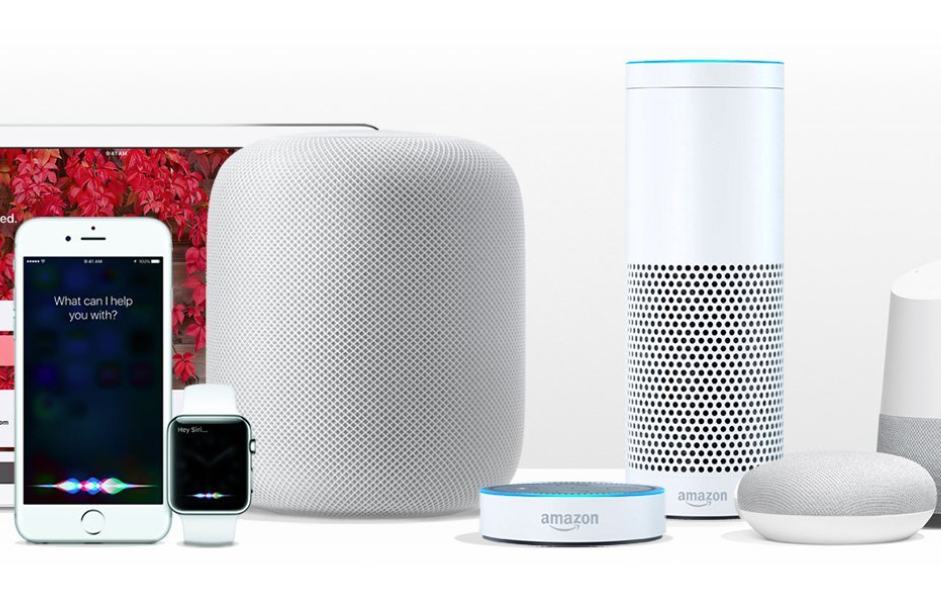In the realm of smart home technology, voice assistants have emerged as central figures that facilitate seamless interaction and control over various devices. This blog post delves into the distinctions among Google Assistant, Alexa, and Apple HomeKit, evaluating their performance in various scenarios and exploring their capabilities to operate without an internet connection.
Overview
Google Assistant
Google Assistant is a virtual assistant from Google that allows users to perform a multitude of tasks using voice commands. It is compatible with a wide range of devices and platforms, offering extensive smart home control.
Alexa
Amazon's Alexa is another prominent voice assistant that provides users with the ability to control smart devices, play music, provide information, and more. Alexa is known for its vast library of “skills” or third-party applications that enhance its functionality.
Apple HomeKit
Apple HomeKit is a software framework by Apple that lets users configure, communicate with, and control smart-home appliances using Apple devices. It offers a secure and private environment for smart home operations.
Performance in Different Scenarios
Home Automation
- Google Assistant: Offers broad compatibility with various smart home devices and platforms.
- Alexa: Extensive library of skills allows integration with numerous smart home devices.
- Apple HomeKit: Provides a seamless and secure experience for Apple device users, though with limited third-party device compatibility.
Information Retrieval
- Google Assistant: Leverages Google's search engine for robust information retrieval.
- Alexa: Offers decent information retrieval, supplemented by third-party skills.
- Apple HomeKit: Limited to information within the Apple ecosystem.
Entertainment
- Google Assistant: Integrated with Google services for music and video streaming.
- Alexa: Compatible with various streaming services, including Amazon Prime.
- Apple HomeKit: Best for users invested in the Apple ecosystem, including Apple Music and Apple TV.
Operation Without Internet
Most voice assistants, including Google Assistant, Alexa, and Apple HomeKit, generally require an internet connection to process voice commands and control smart home devices. However, some specific devices and setups may allow limited local control without internet access.
Conclusion
In conclusion, the best voice assistant depends on individual preferences, ecosystem investment, and specific use cases. Google Assistant offers broad compatibility and robust information retrieval, Alexa boasts extensive skills and integration, and Apple HomeKit provides a secure and seamless experience for Apple users. The choice between them should consider these factors and the importance of operating without an internet connection.

